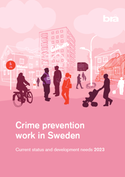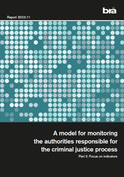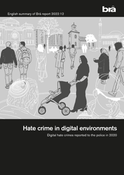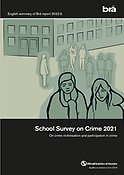Coordinated measures for clients on parole
An evaluation of the Swedish Prison and Probation Service's trial programme with reintegration groups
English summary of Brå report 2020:15
In April 2018, the Swedish Prison and Probation Service was commissioned by the government to conduct a trial programme with so-called reintegration groups. The purpose of the trial programme was that the probation service and other actors would be able to make plans at an early stage and facilitate the reintegration of clients into society by means of coordinated measures.
In March 2019, Brå was commissioned by the government to evaluate the trial programme. The objective was to evaluate whether the trial programme has enabled the Prison and Probation Service to create the conditions to reduce recidivism among clients and conduct a nationwide reintegration programme, and to create the conditions for improved and long-term reintegration work.
The primary target audience for the report is the government and the Prison and Probation Service. The report may also be of interest to other organisations that have contact with the Prison and Probation Service and its clients. Brå hopes that the evaluation can also constitute a basis for continued discussions concerning how reintegration groups can be developed.
Prison Service
Related content
Main conclusions
Here are some of the main conclusions of the study:
- Few clients participated in the trial programme
- Few clients means limited experiences
- Probation offices had only a short time to prepare the work
- The national leadership should have taken greater responsibility
- Most collaboration meetings in Gothenburg
- Probation service in Umeå had most collaborating actors
- Measures generally matched the clients’ needs
- Most clients felt that they received good support
About the study
According to the assignment, Brå’s evaluation was to provide answers to the following questions:
- What differences in relation to the regular structure are deemed to represent key factors in this context?
- How and to what extent had the trial programme been conducted?
- Had the conditions for collaboration in the individual case changed? If so, in what way?
- How had the actors involved experienced the programme?
In order to answer these questions and to analyse the performance and collaboration as a process in change, Brå conducted a process evaluation. Data collection was performed by means of documentation review, questionnaires, interviews and observations.
Publication facts
Author: Anna Öström
© Brottsförebyggande rådet 2024
urn:nbn:se:bra-964
Report 2020:15


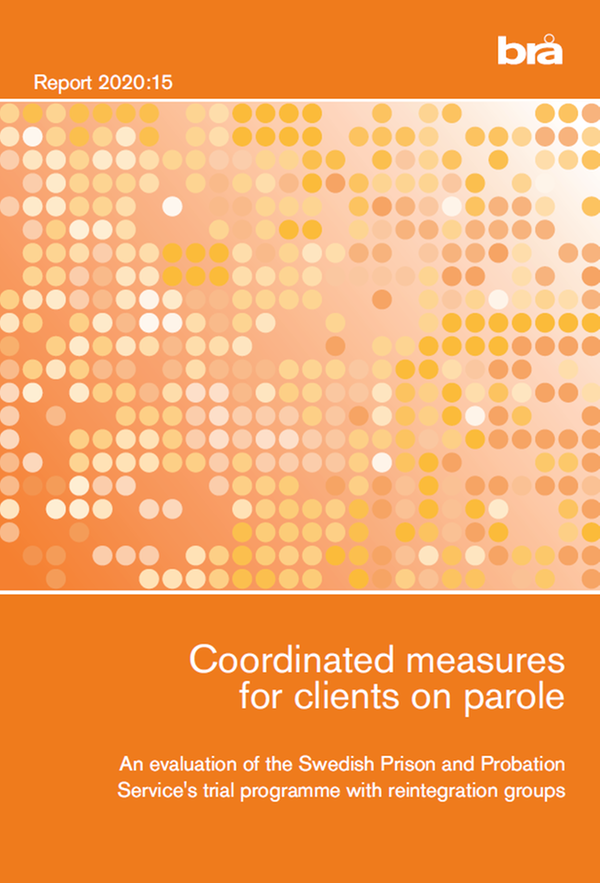
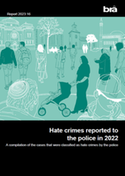
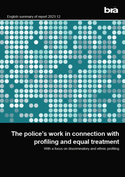
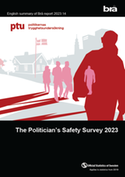

%202023_11_Fraud.png)

